
Welcome to the unique Greek website for information and news about women that reach their limits, create, discover, develop or achieve their goals in science, arts, sports, politics, culture, economics, and many more areas!

Amelia Earhart (1897 – 1939) 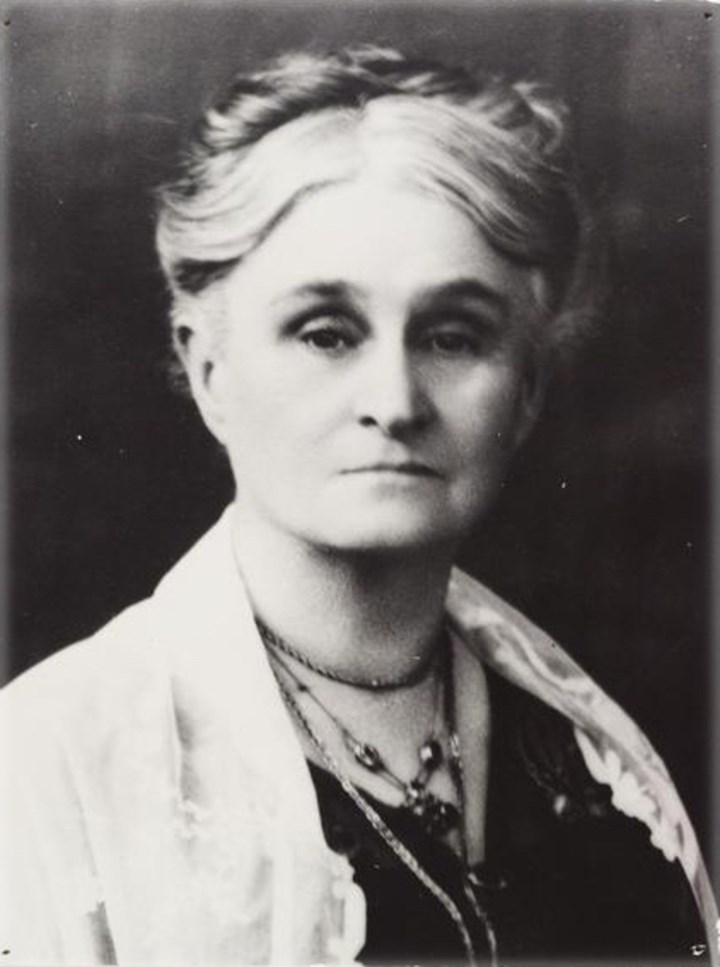
Edith Cowan (1861 – 1932) 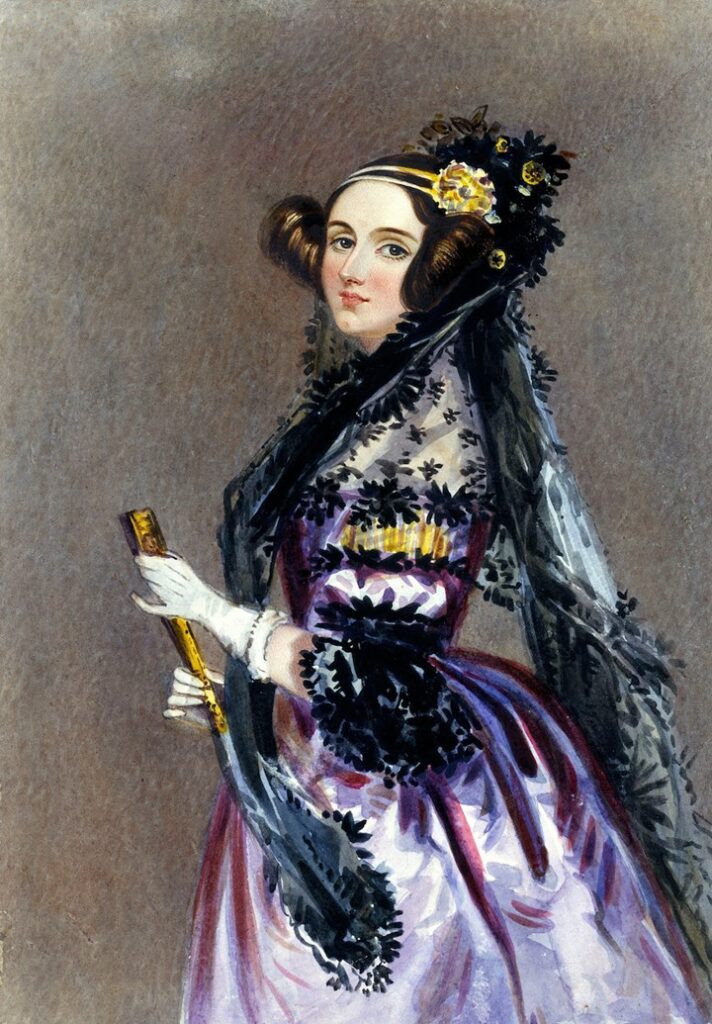
Ada Lovelace (1815 – 1852) 
Marie Curie (1867 – 1934) 
Malala Yousafzai (1997 – Present) 
Rosa Parks (1913 – 2005) 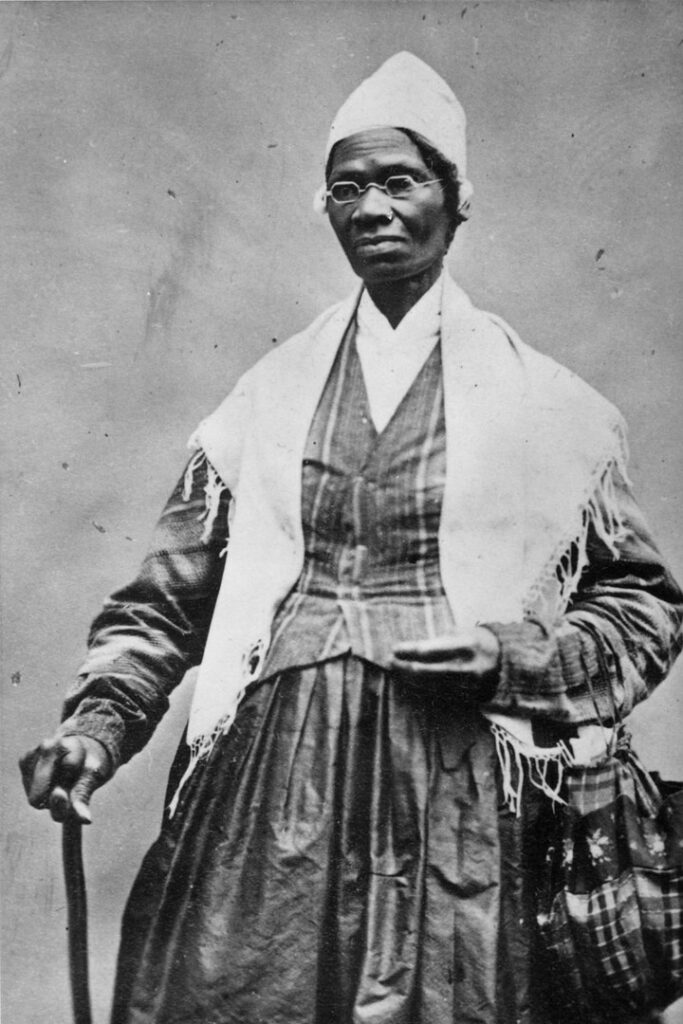
Sojourner Truth (1797 – 1883) 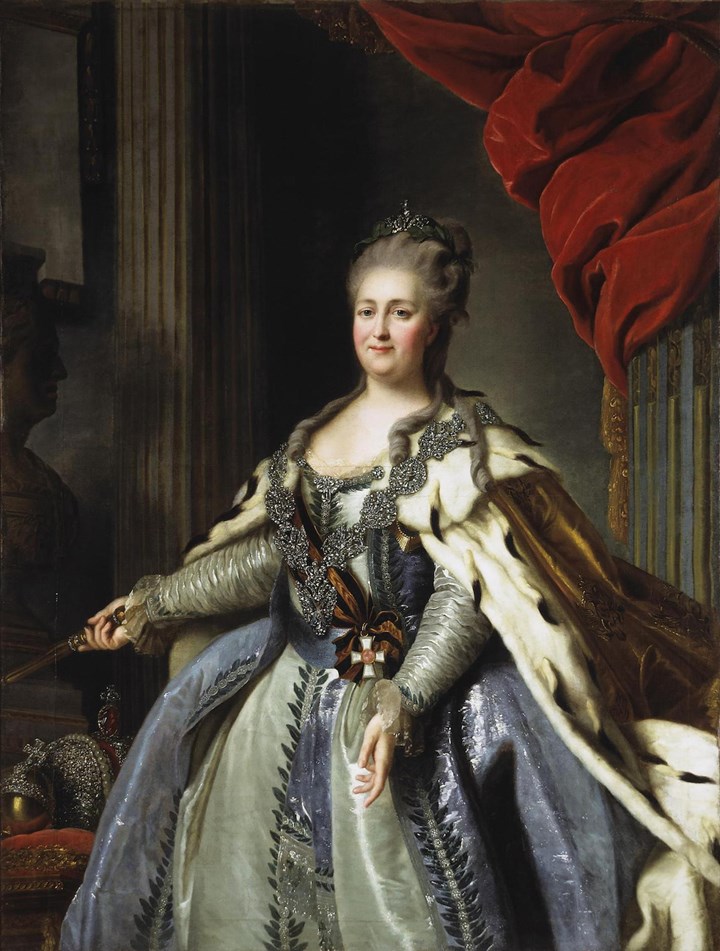
Catherine the Great (1729 – 1796) 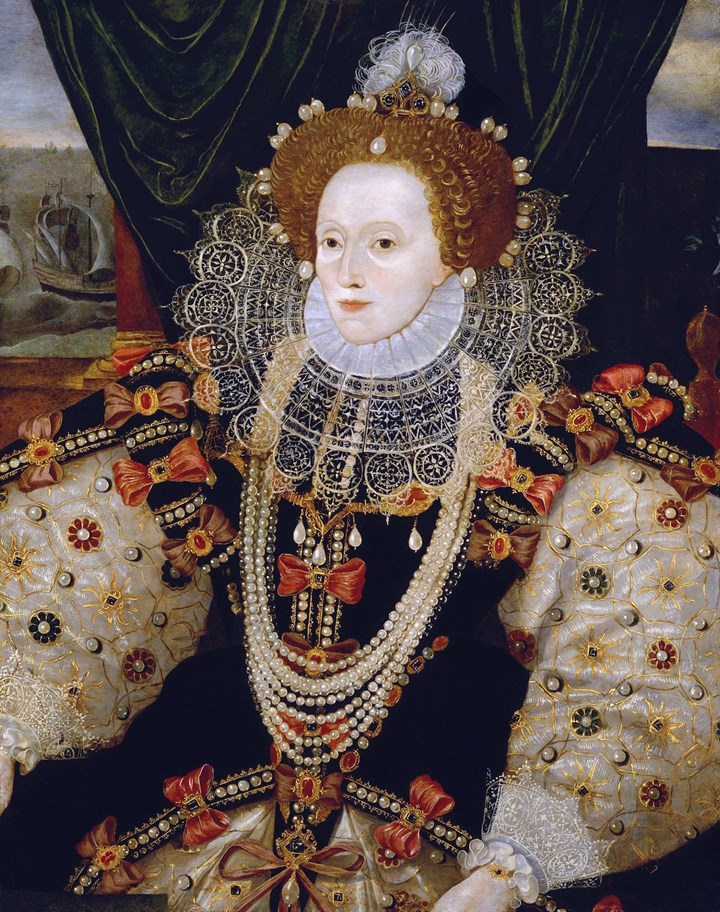
Queen Elizabeth I (1533 – 1603) 
Maya Angelou (1928 – 2014) 
Anne Frank (1929 – 1945) 
Jane Austen (1775 – 1817)
12 Of The Most Famous Women In History! (random order)
Amelia Earhart
Amelia Earhart was the definition of a rule breaker. An American aviator who became the first woman to fly solo across the Atlantic and the first person ever to fly solo from Hawaii to the US, Amelia was a pioneering aviator and a true female trailblazer.
Earhart refused to be boxed in by her gender from a young age, born in Kansas in 1897 Amelia played basketball growing up, took auto repair courses and briefly attended college. In 1920, Earhart began flying lessons and quickly became determined to receive her pilot’s license, passing her flight test in December 1921.
Earhart set multiple aviation records, but it was her attempt at being the first person to circumnavigate the globe which led to her disappearance and presumed death. In July 1937, Earhart disappeared somewhere over the Pacific, and was declared dead in absentia in 1939. Her plane wreckage has never been found and to this day, her disappearance remains one of the greatest unsolved mysteries of the twentieth century.
Edith Cowan
Her face is on the Australian $50 dollar note and she has a University named after her in Western Australia, but what you may not know is that Edith Cowan was Australia’s first ever female member of parliament and a fierce women’s rights activist.
Edith’s childhood was traumatic, to say the least. Her mother died while giving birth when Cowan was just seven years old, and her father was accused and then convicted of murdering his second wife when she was 15 and was subsequently executed.
From a young age Edith was a pioneer for women’s rights, and her election to parliament at 59 in 1921, was both unexpected and controversial.
During her time in parliament Cowan pushed through legislation which allowed women to be involved in the legal profession, promoted migrant welfare and sex education in schools and placed mothers on equal position with fathers when their children died without having made a will.
Edith died at age 70, but her legacy remains to this day.
Ada Lovelace
Ada Lovelace was an English mathematician and the world’s first computer programmer. Lovelace was born into privilege as the daughter of a famously unstable romantic poet, Lord Byron (who left her family when Ada was just 2 months old) and Lady Wentworth.
Ada was a charming woman of society who was friends with people such as Charles Dickens, but she is most famous for being the first person ever to publish an algorithm intended for a computer, her genius being years ahead of her time.
Lovelace died of cancer at 36, and it took nearly a century after her death for people to appreciate her notes on Babbage’s Analytical Engine, which became recognized as the first description for computer and software, ever.
Marie Curie
Polish-born Marie Curie was a pioneering physicist and scientist, who coined the term radioactivity, discovered two new elements (radium and polonium) and developed a portable x-ray machine.
Currie was the first person (not woman) who has won two separate Noble Prizes, one for physics and another for chemistry, and to this day Curie is the only person, regardless of gender, to receive Noble prizes for two different sciences.
Currie faced near constant adversity and discrimination throughout her career, as science and physics was such a male-dominated field, but despite this, her research remains relevant and has influenced the world of science to this day.
Malala Yousafzai
Malala Yousafzai was born in Pakistan on July 12, 1997. Yousafzai’s father was a teacher and ran an all-girls school in her village, however when the Taliban took over her town they enforced a ban on all girls going to school. In 2012, at the age of 15, Malala publicly spoke out on women’s rights to education and as a result, a gunman boarded her school bus and shot the young activist in the head.
Malala survived!
Yousafzai moved to the UK where she has become a fierce presence on the world stage and became the youngest ever recipient of the Nobel Peace Prize in 2014, at 17 years old. Malala is currently studying Philosophy, Politics and Economics at the University of Oxford.
Rosa Parks
Rosa Parks was on a bus in Montgomery, Alabama in 1955, when the bus driver asked her to stand up and give her seat to a white man. Parks, a black seamstress, refused and in doing so sparked an entire civil rights movement in America.
Born in 1913, Parks moved to Alabama at age 11, and attended a laboratory school at the Alabama State Teachers’ College for Negroes, until she had to leave in 11th grade to care for her ill grandmother.
Before 1955, Parks was a member of Montgomery’s African-American community and in 1943 joined the Montgomery chapter of the NAACP, where she became chapter secretary.
In 1955, Alabama was still governed by segregation laws and had a policy for municipal buses where white citizens only were allowed to sit in the front, and black men and women had to sit in the back. On December 1st, there were no more seats left in the white section, so the bus conductor told the four black riders to stand and give the white man a whole row. Three obeyed, Parks did not.
Parks was subsequently arrested, and her actions sparked a wave of protests across America. When she died at the age of 92 on October 24, 2005, she became the first woman in the nation’s history to lie in state at the U.S. Capitol.
Sojourner Truth
Sojourner Truth is one of the most inspirational black women in America’s history and her words belong to one of the most famous speeches by any woman. An African-American abolitionist and women’s rights activist, Truth delivered a now famous speech at the Ohio Women’s Right’s Convention in Akron, 1851, that has come to be known as “Ain’t I a Woman?”
Truth was separated from her family at the age of nine and was subsequently sold for auction as a slave along with a flock of sheep for $100. In 1829, Truth escaped to freedom with her infant daughter Sophia, but her other two children had to be left behind.
Truth began to advocate for the rights of women and African Americans in the late 1840’s and was known for giving passionate speeches about women’s rights, prison reform and universal suffrage. Truth, who died in Michigan in 1883, is known as one of the foremost leaders of the abolition movement and one of the earliest advocates for women’s rights.
Catherine the Great
Catherine the Great is one of the world’s great historical figures and the Prussian-born Queen is one of the more ruthless women to make this list.
Stuck in a loveless marriage to the King of Russia, Catherine orchestrated a coup to overthrow her wildly unpopular husband Peter III, and then named herself Empress of the Russian Empire in 1762.
Catherine is credited for modernizing Russia and established the first state-funded school for girls, reeled back the power of the church within the state and encouraged the development of the economy, trade and the arts.
She is also known for her healthy sexual appetite, having numerous lovers right up until her death who she would often gift with an abundance of jewels and titles before sending them on their way to make room for their replacement. Now there’s a woman who knows what she wants.
Queen Elizabeth I
Queen Elizabeth called herself ‘The Virgin Queen’ because she chose to marry her country instead of a man. It might seem like ancient history now, but Queen Elizabeth I is one of the most successful monarchs in British history, and under her, England became a major European power in politics, commerce and the arts.
Elizabeth had a rocky road to the throne and technically should never have been allowed to reign, both because she was a woman and because her mother was Anne Boleyn, the much-hated ex-wife of Henry VIII.
However, Elizabeth I proved all the naysayers wrong and has become one of the greatest female leaders. Known for her intelligence, cunning and hot-temper, ‘The Virgin Queen’ was one truly one of the great women in history.
Maya Angelou
Maya Angelou is one of the most influential women in American history and was a poet, singer, memoirist, and civil rights activist, whose award-winning memoir I Know Why the Caged Bird Sings made literary history as the first nonfiction best-seller by an African-American woman.
Angelou had a difficult childhood. As a black woman growing up in Stamps, Arkansas, Maya experienced racial prejudices and discrimination all throughout her life. At the age of seven, Angelou was assaulted by her mother’s boyfriend, who was then killed by her uncles as revenge. The incident traumatised Angelou to the point that she became a virtual mute for many years.
I Know Why the Caged Bird Sings as well as her other works have been one of the loudest voices in the civil rights movement, and explore subjects such as identity, rape, racism, and literacy, and illustrate how strength of character and a love of literature can help overcome racism and trauma.
Anne Frank
The Diary of Anne Frank is one of the most honest, powerful and poignant accounts of World War II and was written by a German teenage girl. The Franks were a Jewish family living in Germany, then Austria throughout Hitler’s rise to power and during World War II. The family hid in a secret annex with four other people throughout the war but were discovered and sent to concentration camps in 1944. Out of the Frank family, only Anne’s father survived, and he made the decision to publish Anne’s diary.
The Diary of Anne Frank has been translated into almost 70 languages and is an intimate portrayal of one of the most inhumane moments in history and is able to educate us on the universal human qualities of emotion, passion, love, hope, desire, fear and strength.
Jane Austen
Jane Austen defined an entire literary genre with her shrewd social observations and wit. Born into a family of eight children in England, Austen started writing her now classic novels, such as Pride and Prejudice and Sense and Sensibility, in her teens.
Her novels are funny, endearing, and questioned women’s roles within society. Austen had to hide her identity as the author of some of the most popular novels of her day and it wasn’t until her death that her brother, Henry, revealed to the public that she was the real author. Her literary influence remains and the themes and lessons from her novels still hold up today.
